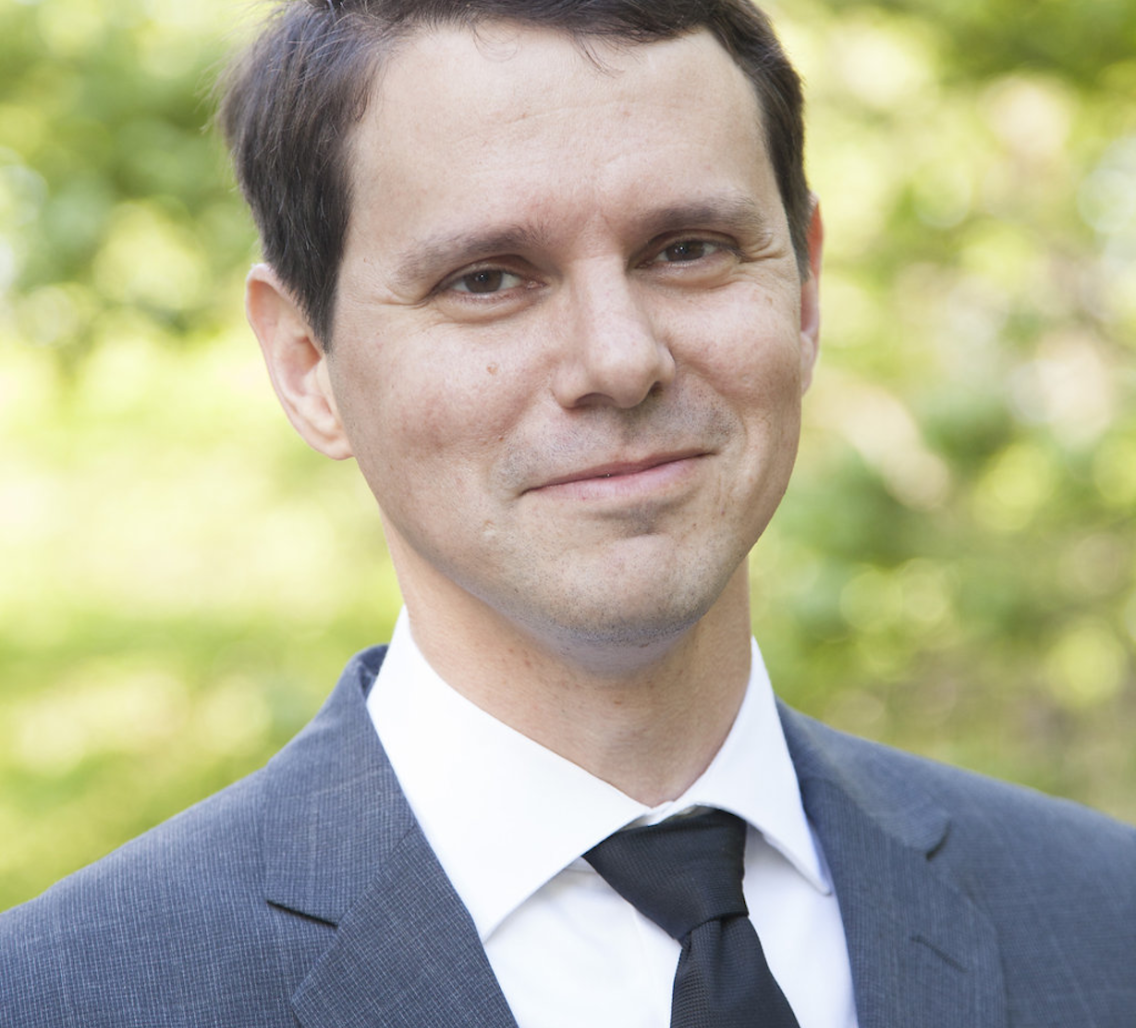Event Details:

Special Seminar Series in Theoretical/Computational Neuroscience
State-space modeling of neural spiking systems Uri Eden, PhD Professor & Associate Director of the Statistics Program Department of Mathematics and Statistics Boston UniversityAbstract: Although it is well known that brain areas receive, process and transmit information via sequences of sudden, stereotyped electrical impulses, called action potentials or spikes, most analyses of neural data ignore the localized nature of these events. The theory of point processes offers a unified, principled approach to modeling the firing properties of spiking neural systems, and assessing goodness-of-fit between a neural model and observed spiking data. We develop a point process modeling framework and state space estimation algorithms to describe and track the evolution of dynamic representations from individual neurons and neural ensembles. This allows us to derive a toolbox of estimation algorithms and adaptive filters to address questions of static and dynamic encoding and decoding.
These methods will be illustrated through a couple of examples. First, we will model spatially specific spiking activity in the rat hippocampus and use a point process filter to reconstruct the animal's movement trajectory during a spatial navigation task. Next, we will develop a sequential importance sampling procedure for estimating biophysical parameters of conductance based neural models using only the resulting spike times. Issues of model identification and misspecification will also be discussed. Bio: Uri T. Eden is a Professor and the Associate Director of the Statistics Program in the Department of Mathematics and Statistics at Boston University. He received his Ph.D. in the Harvard/MIT Medical Engineering and Medical Physics program in the Health Sciences and Technology Department. His research focuses on developing mathematical and statistical methods to analyze neural spiking activity, using methods related to model identification, statistical inference, signal processing, and stochastic estimation and control.